Personal Identity has always been that one branch of philosophy that never ceased to entice me. And today, I thought I’d write a small piece on the Ship of Theseus paradox, its proposed solutions and the kind of ramifications it has to the contemporary (and most probably, futuristic) world.
The paradox, one of the most famous and hotly debated ones in philosophical circles, was first explained by Greek philosopher and essayist Plutarch who introduced the problem as follows:
The ship wherein Theseus and the youth of Athens returned from Crete had thirty oars, and was preserved by the Athenians down even to the time of Demetrius Phalereus, for they took away the old planks as they decayed, putting in new and stronger timber in their places, in so much that this ship became a standing example among the philosophers, for the logical question of things that grow; one side holding that the ship remained the same, and the other contending that it was not the same.
It seems to me that the answer to the aforementioned question is in the affirmative. I strongly believe that both the ships are the same. And the school of philosophers who hold the same opinion as mine will tend to give you the example of the human body.
Human cells are continuously formed and destroyed throughout the entire lifetime of a person. This means that every cell you were born with have perished and have been replaced by new cells. Does this make your 1 year old self and you present self two completely different people? I think not.
And why this is the case is what I’d like to devote the crux of this post on. But before that, consider an alternative scenario where Theseus sets sail and in the middle chooses to transfer himself and his crew to another ship. Will the two ships be the same? I think most of us would believe the contrary. But what if the new ship in this Universe was built of exactly the same materials that was used to replace parts in Plutarch’s Universe? Despite the crew and the ship being exactly the same, the two ships have sharply contrasting identities. One can clearly be shown to not be the original ship whereas the other is a source of raging debate.
So, is my premise wrong? Are the two ships not the same? I’d say no. And to defend my position of what clearly seems to be a case of dissonance, I’d like to explain a concept which I call assimilation.
In its bare essence, it means that for an entity A and B to be the same whilst having entirely different compositions, it is mandatory that the replacement of A’s parts with that of B’s be done in a discrete, step-wise manner.
In the case of the ship, the parts were being replaced one by one. So, when the first plank was replaced by a newer, stronger one, the latter became assimilated to the original ship. It now was as much part of Theseus’ ship as all the other original parts. And by induction, every new piece which was introduced into the ship was assimilated too.
But if you were to take this set of new materials and build an entirely new ship altogether, the process of assimilation would be absent. And that is the primary reason why the two scenarios described above had contradictory results.
Think of it in this way. Let’s say you’ve built a huge Lego house built entirely out of yellow blocks. Now, you proceed to replace each yellow block with a red, one by one. While doing so, you wouldn’t end up with a new Lego house even if the end product is completely red (in contrast to the yellow house you started out with). That’s because each red brick became a part of the house when it was replaced. It assimilated. It became one of them.
But again, a very interesting question could be posed. What if those yellow bricks were collected and another house was built that resembled the original house. Which of the two houses would be the original one?
As counter intuitive as this may sound, I’d still say it is the red one. And this, I believe, arises out of something I call ‘assimilation power’. Basically, when one part is removed from another, one part tends to lose its identity of being a part of the object whereas the other retains it. When one plank is removed from Theseus’ ship, it no longer remains a part of Theseus’ ship. It loses that identity. The rest of the ship, however, retains its identity.
Probably this analogy would help convince you more if you aren’t yet. A person excommunicated from a nation (say, the United States) does not remain an American anymore. But all the other citizens of the nation continues to. On the other hand, an immigrant that enters a nation naturally becomes an American.
So, hypothetically, if all the current residents of America were excommunicated one by one and replaced by a new immigrant up to a point of time when all the original residents are banished, which country would be America? The one of the immigrants or the one formed by the excommunicated? Again, I believe the answer is the former.
I do understand that what my line of reasoning may not seem that potent. Particularly, the concept of assimilation power and loss of identity upon removal are some things that I’m not entirely sure of. But again, as it is with almost every question in philosophy, I do hope this encourages some healthy debate. I do not have a lot of comments on my blogs but this time, dear reader, please do make it a point to share your opinions, however polar and contrasting they are to mine.
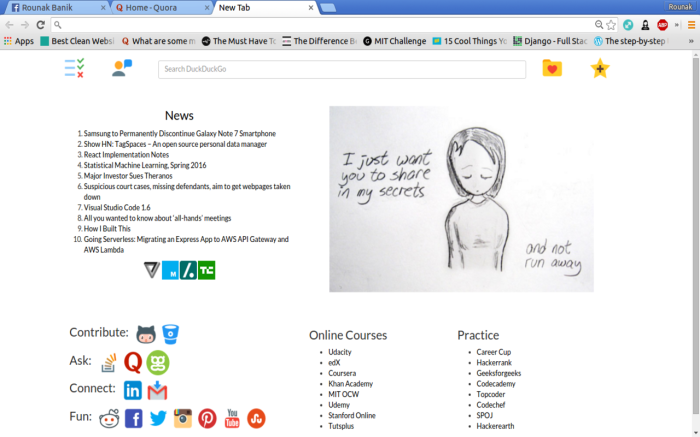
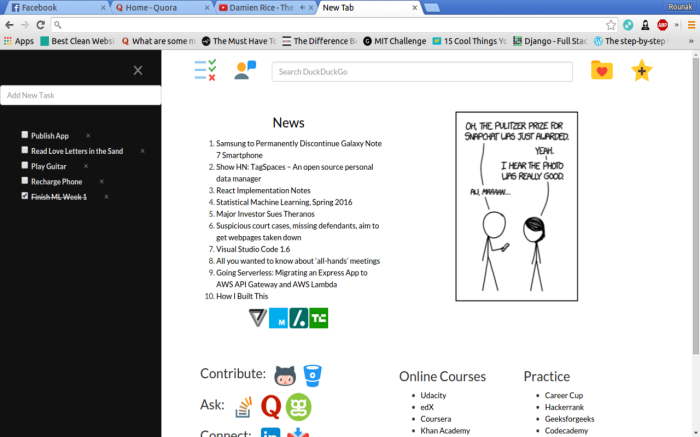
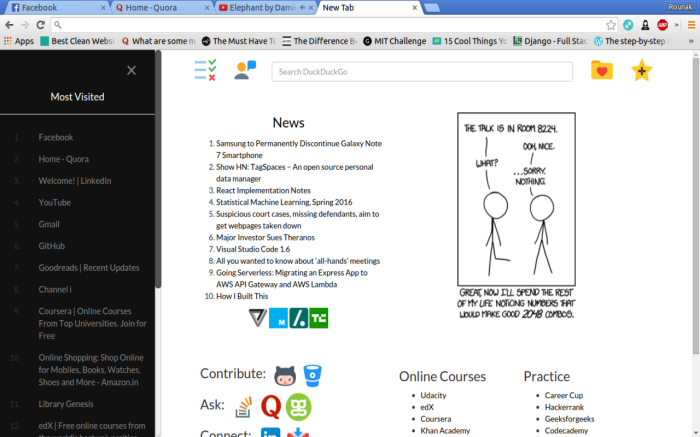
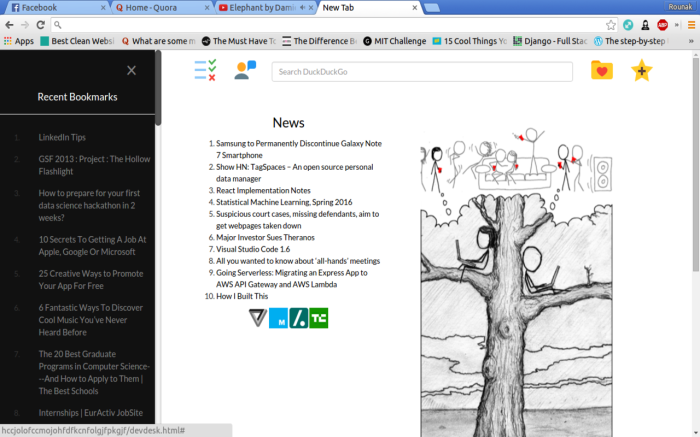
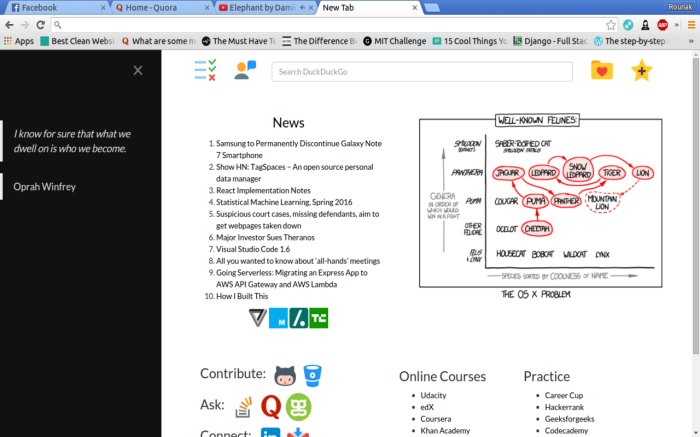
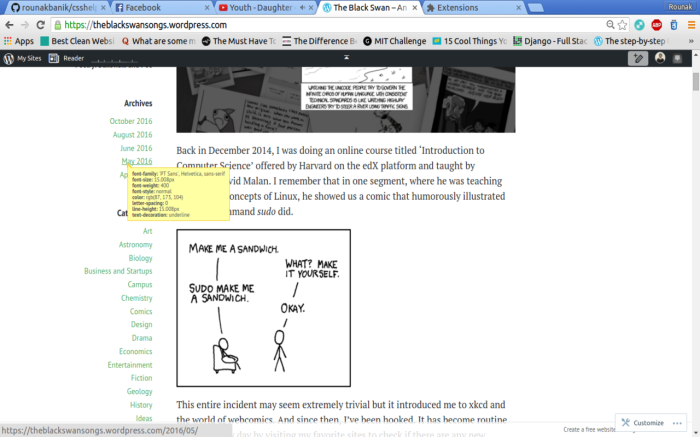

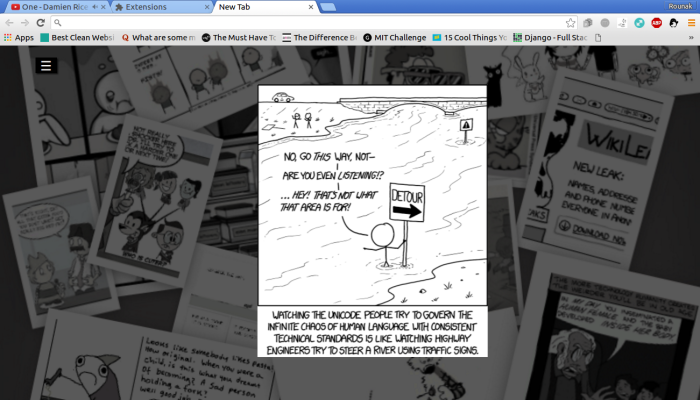
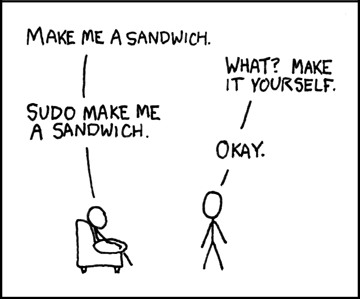
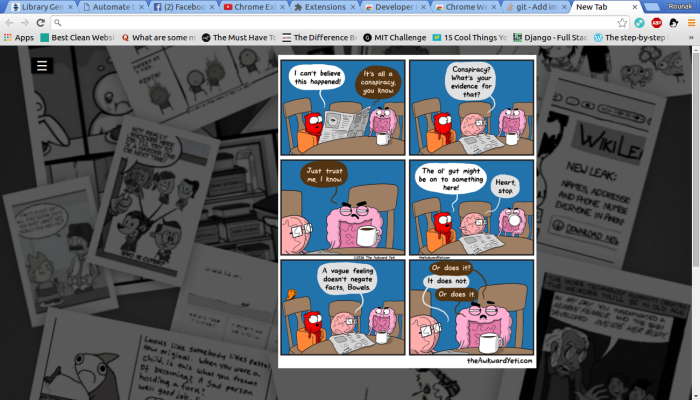
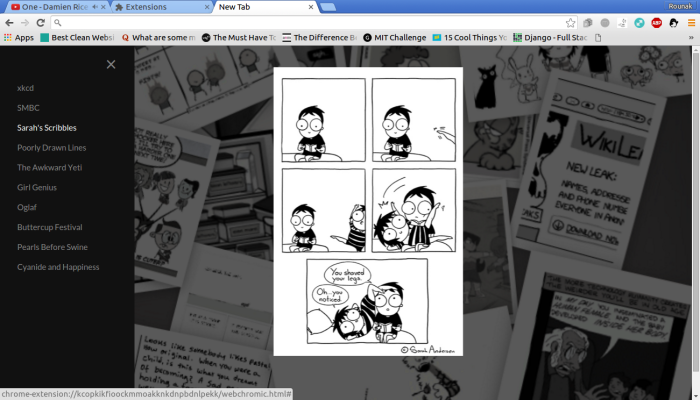
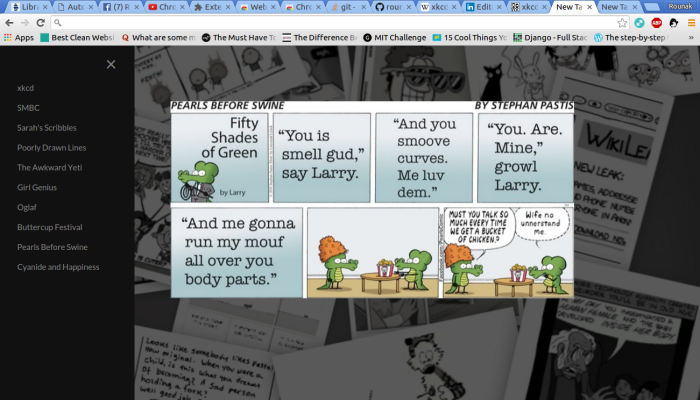























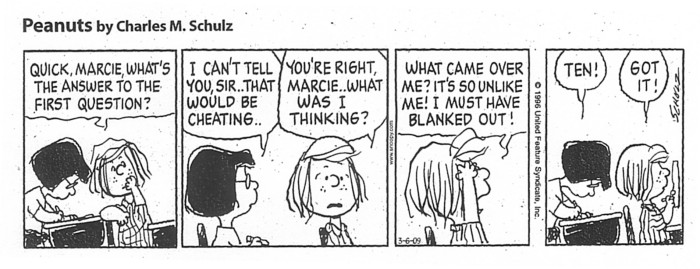
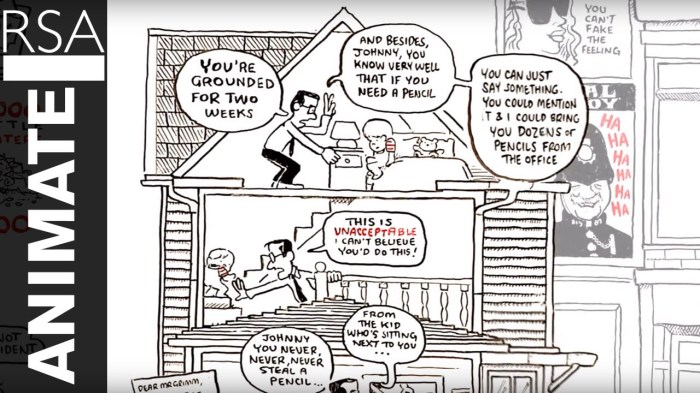




![Viktor Frankl and his second wife Eleonore, Photograph, Around 1948 UNSPECIFIED - CIRCA 1948: Viktor Frankl and his second wife Eleonore, Photograph, Around 1948 (Photo by Imagno/Getty Images) [Viktor Frankl mit seiner zweiten Ehefrau Eleonore, Photographie, Um 1948]](https://theblackswansongs.files.wordpress.com/2016/05/str-2.jpg?w=295&resize=295%2C198&h=198#038;h=198)












